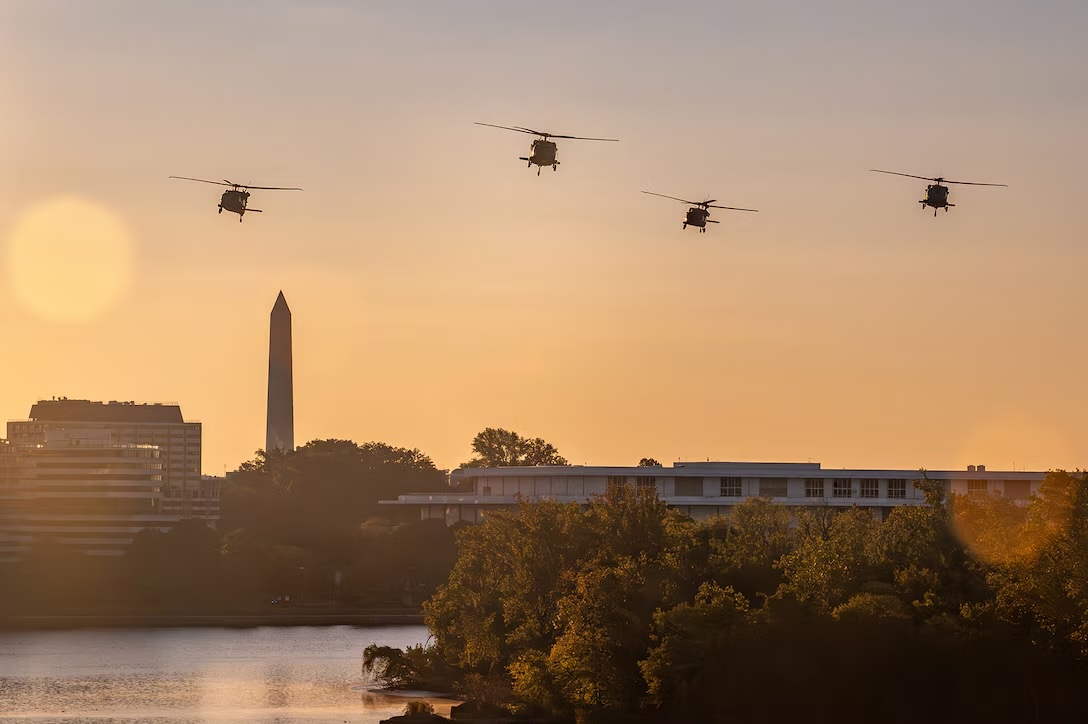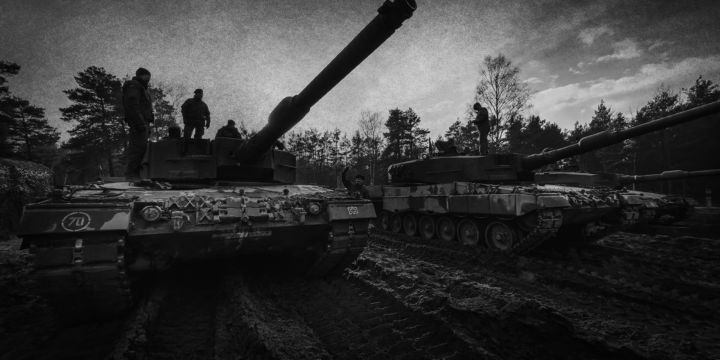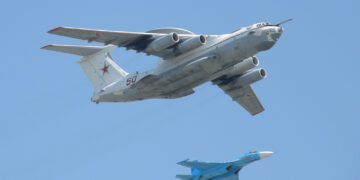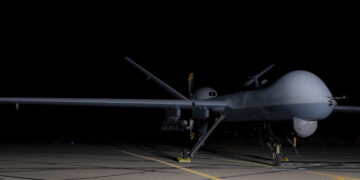August 6, 2024
Largest prisoner exchange since the Cold War becomes fodder for U.S. partisan brawl

The scenes tugged at the heart strings. Evan Gershkovich, the Wall Street Journal reporter nabbed during a reporting assignment by Russian police last year on bogus charges of espionage, was finally reunited with his mother on an airport tarmac after spending about a year and a half in the Russian prison system. On the same flight, Paul Whelan, another American picked up by Russia’s security services for spying, set foot on American soil for the first time in more than five years. President Joe Biden and Vice President Kamala Harris greeted them, smiling ear to ear.
When all was said and done, the U.S., Russia and five other countries finalized the largest prisoner swap since the Cold War. The U.S. and its allies got back 16 prisoners, including the Russian American journalist Alsu Kurmasheva and the dissident writer Vladimir Kara-Murza. The Russians received eight individuals.
There were complications, nuances and moral deliberations to this prisoner exchange. As Biden administration officials were negotiating, they quickly concluded that nothing would get done unless contract killer and former Russian intelligence officer Vadim Krasikov was part of the deal. Krasikov, a veteran of the Soviet war in Afghanistan in the 1980s, was arrested in 2019 after he murdered a former Chechen separatist fighter in a Berlin park. Russian President Vladimir Putin was intent from the very beginning on getting him released. The German government wanted to keep him behind bars, but Chancellor Olaf Scholz ultimately relented in what can only be described as a massive favor to Biden.
“Nobody took lightly this decision to deport a murderer sentenced to life imprisonment after only a few years in prison,” Scholz commented shortly after.
More on Eurasia

By Geoff LaMear
October 11, 2025
Featuring Daniel Davis
September 25, 2025
Events on Russia







